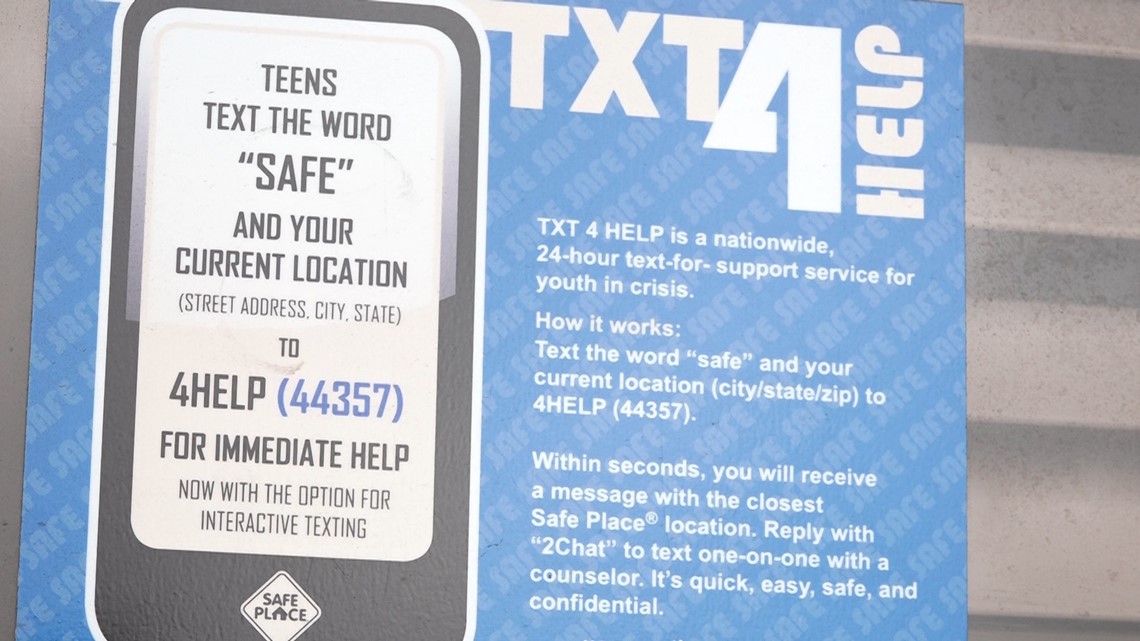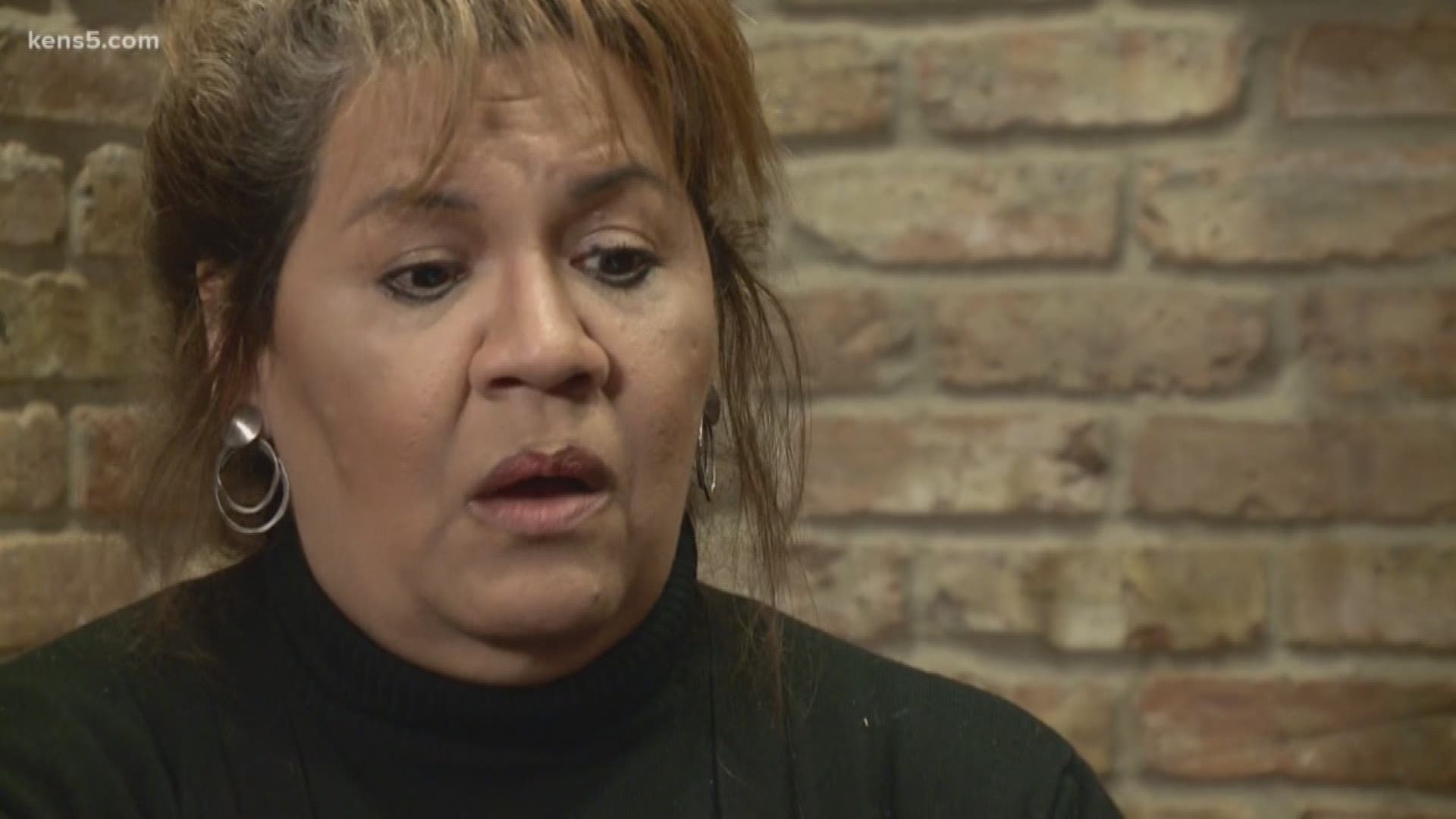SAN ANTONIO — San Antonio has become known as a hub for human traffickers looking to lure children, men and women from our community. Experts say Interstate 10 and Interstate 35 are main corridors for trafficking.
Maria Perez, a human trafficking survivor and founder of Our Empowering Women of America, is geared to help local resources combat human trafficking in our area. Perez said the organization is seeing more victims and survivors coming forward now more than ever.
"If you see something, please say something," Perez said. "There is prevention, there is awareness, there is resources. We have so many resources in San Antonio—there is help."
Perez's plea comes from the heart. She too was smuggled across the border and trafficked by a man she thought she knew when she was 25 years old.
"Three weeks of hell," Perez said. "I was beaten, I was tortured, I was raped."
Perez managed to escape, but she didn't tell her story for decades. Perez said she broke her silence, hoping to find and save one of the women she met while she was trapped.
"I made a promise to her that I would come back and save her," Perez said. "It breaks my heart. I'm doing this for her because I don't even know if she is alive or dead."
Perez's story is just one of more than 40 million worldwide. In 2019, Texas had 561 human trafficking cases reported, according to the National Human Trafficking Hotline.
In January, San Antonio Police arrested a man suspected of trafficking his now-ex-wife for years.
Roy Maas Youth Alternatives'sCentro Seguro is a 24-hour drop-in center for trafficking victims, helping more than 700 children since it opened in 2017.
“In the last three months of 2019 alone, we served 103 kids," said Chuck Paul, interim director of Centro Seguro said.
Paul said it's not just vulnerable teens that are being targeted; traffickers are taking men and women of all ages and any race.
"What happens here in San Antonio in our backyard, you think about (how) you've got kids coming through here from other parts of the country, you need more kids to fill an order and you're going to go after a kid from around here—and it's really easy to have a kid ready to go," Paul said.
He said the organization has developed a profile of the typical "high-frequency buyers."
"They are middle-aged males with wives and children and they are professionals," Paul said. "There is no particular race, but they are middle-aged men with disposable incomes and what that means is they are doctors, lawyers, politicians and judges, businessmen and CEOs."
He said that since the governor's office has pushed for more funding, local agencies and advocates have been working together to help save victims.
"We have an actual plan now. So what that means is if a child comes into Centro Seguro and identified as a human trafficking victim by one of my staff, we know exactly who to call."
Local advocates argue that while it's a step in the right direction, more can be done.
"The community has to step up," Perez said "We have to work together, it's just too much for law enforcement. It seems like – and I hate to use the word – but we're losing (the) battle in America. But we cannot. We have to fight for our children, and we have to work alongside law enforcement. It's necessary."


If you have questions or need help, you can call the RMYA hotline at (210) 340-8090.
For more information on how to spot the red flags, click here.
RELATED: Spotting signs of human trafficking

